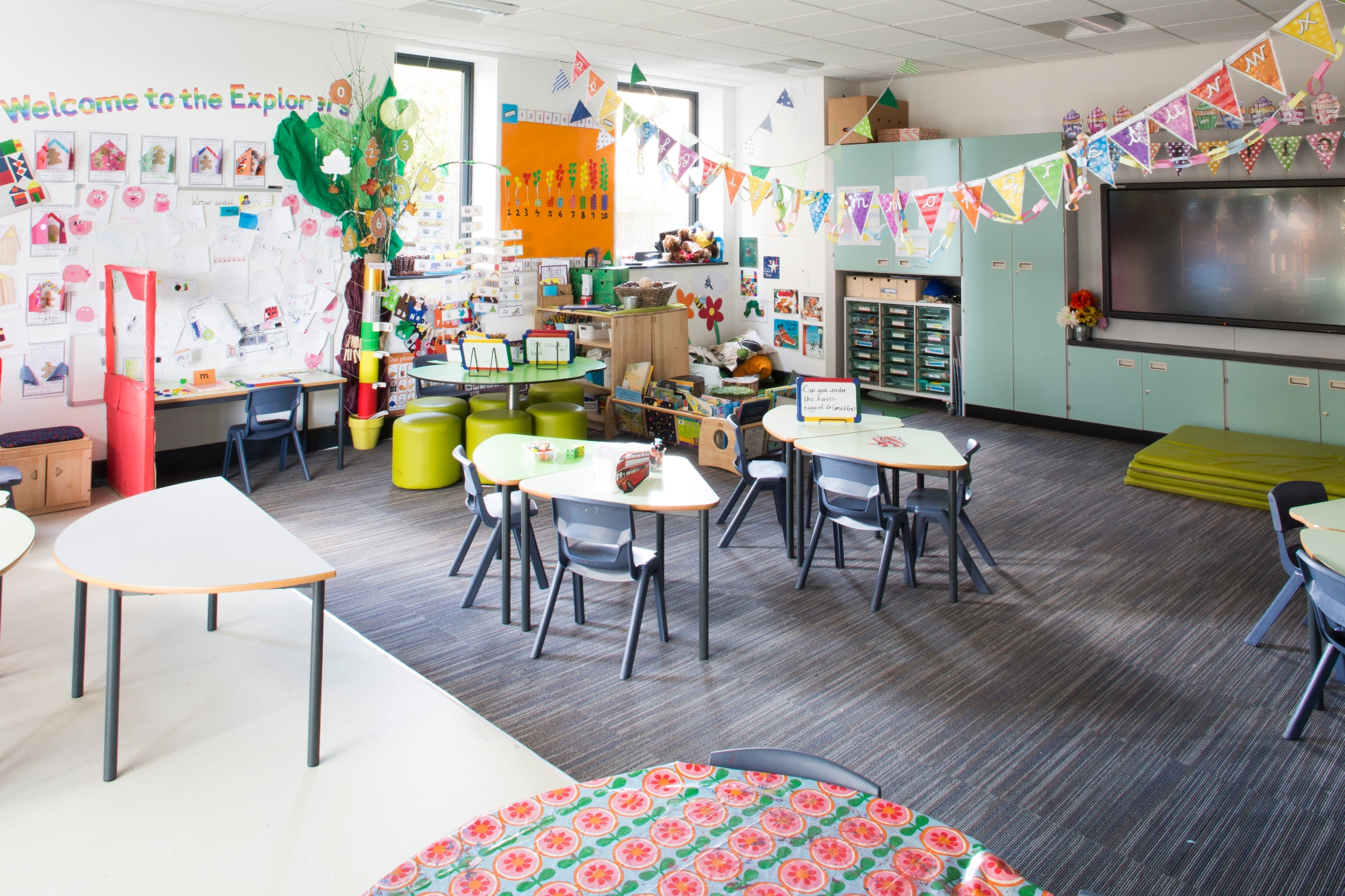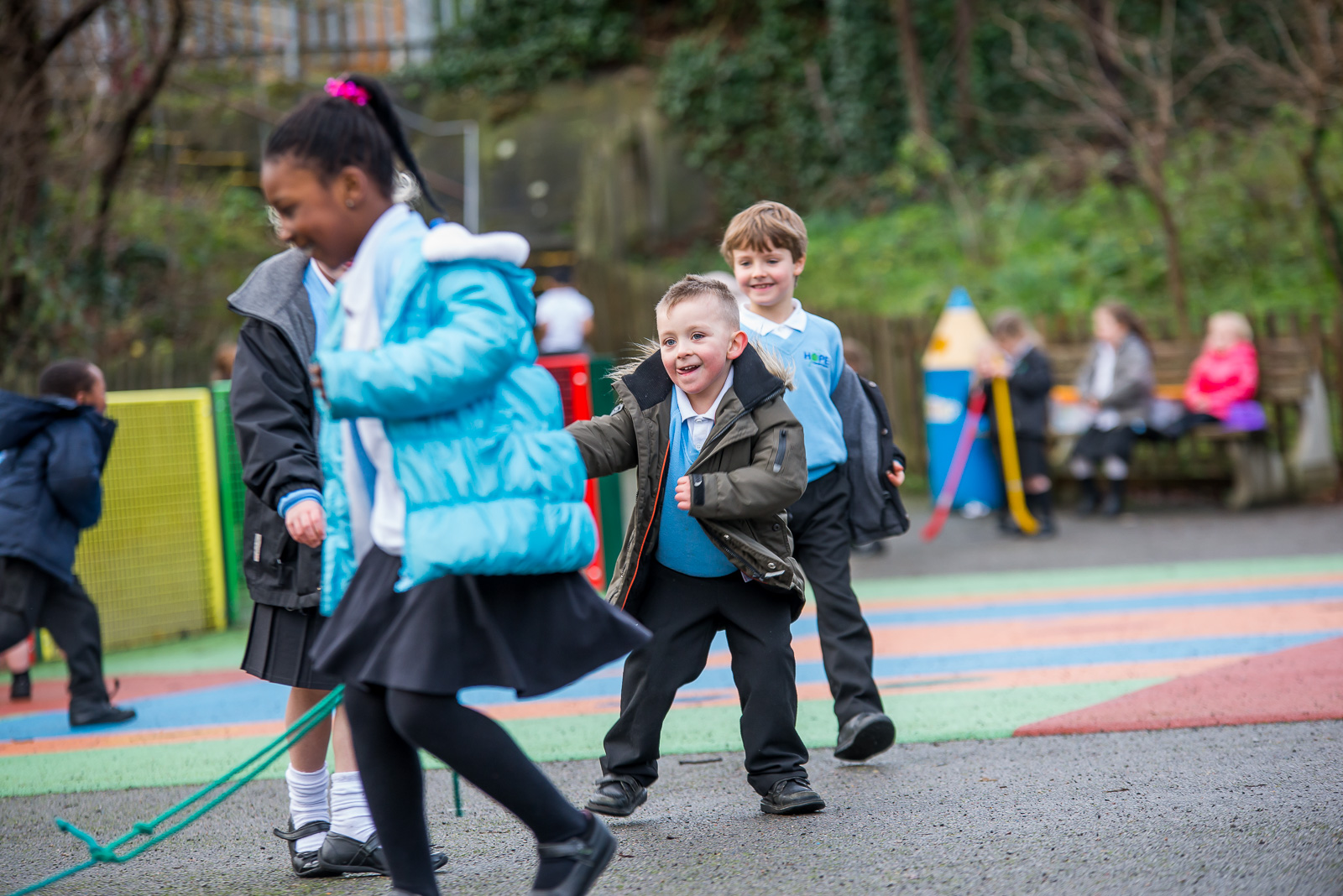Meet Lenny – our Dog Mentor!
Lenny

Hi! My name is Lenny and I am one of the Dog Mentors here at Hope Community School. I am a Cavapoo and I am 10 years old so I'm an expert in all things dog. When I am not working in school, I live with Ms Pool - my dog mummy!
Ms Pool is trained to be my handler in school, I originally trained under the Pets as Therapy Programme and then, in June, I too successfully completed my Dog Mentor training, where I proved an old dog can learn new tricks!
My favourite things to do when I am with children are:
- Listening to children read
- Enjoying a nice snuggle
- Helping children when they feel worried or sad
My favourite things to do when I am not working are: cuddling my mummy, enjoying run around off lead and being fussed by anyone and everyone. My favourite part of the week has to be Sunday as I have a roast dinner with the family!
What are the benefits of dogs in schools?
There are lots of benefits to having a dog in school. Research has shown that this includes:
- Cognitive development – companionship with a dog stimulates memory, problem-solving, game-playing and can improve reading skills.
- Emotional development – a school dog improves self-esteem, acceptance from others and lifts mood, often provoking laughter and fun. Dogs can also teach compassion and respect for other living things as well as relieving anxiety. When feeling sad, a simple stroke or cuddle can help improve mood and reduce stress.
- Physical development – interaction with a pet reduces blood pressure, provides tactile stimulation, assists with pain management, gives motivation to move, walk and stimulates the senses.
- Environmental benefits – a dog in a school contributes towards the creation of a home-style environment, with all of the above benefits continuing long after the school day is over.
- Social benefits – a dog provides a positive mutual topic for discussion, encourages responsibility, wellbeing, developing social skills and focused interaction with others.


